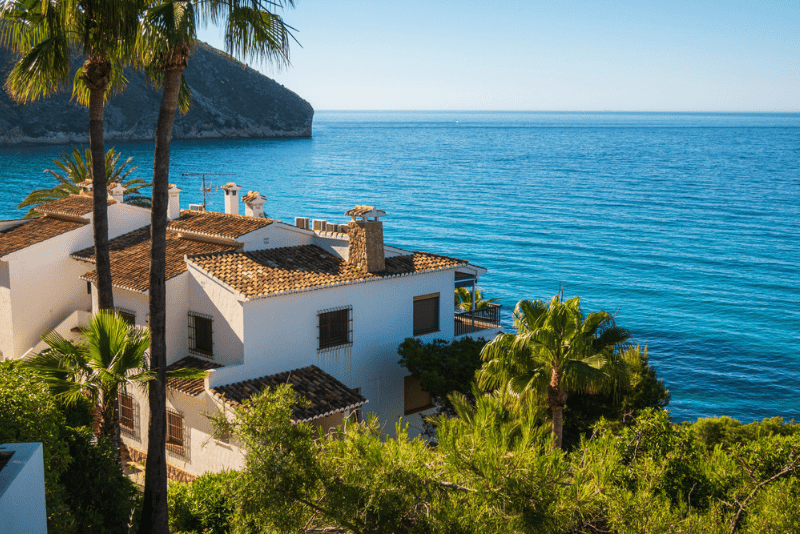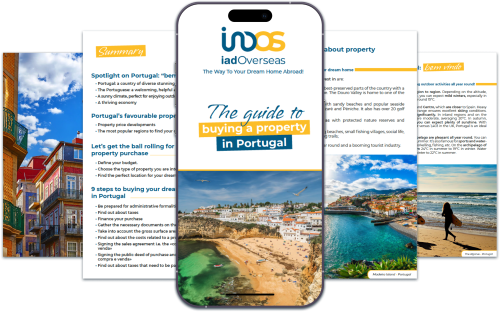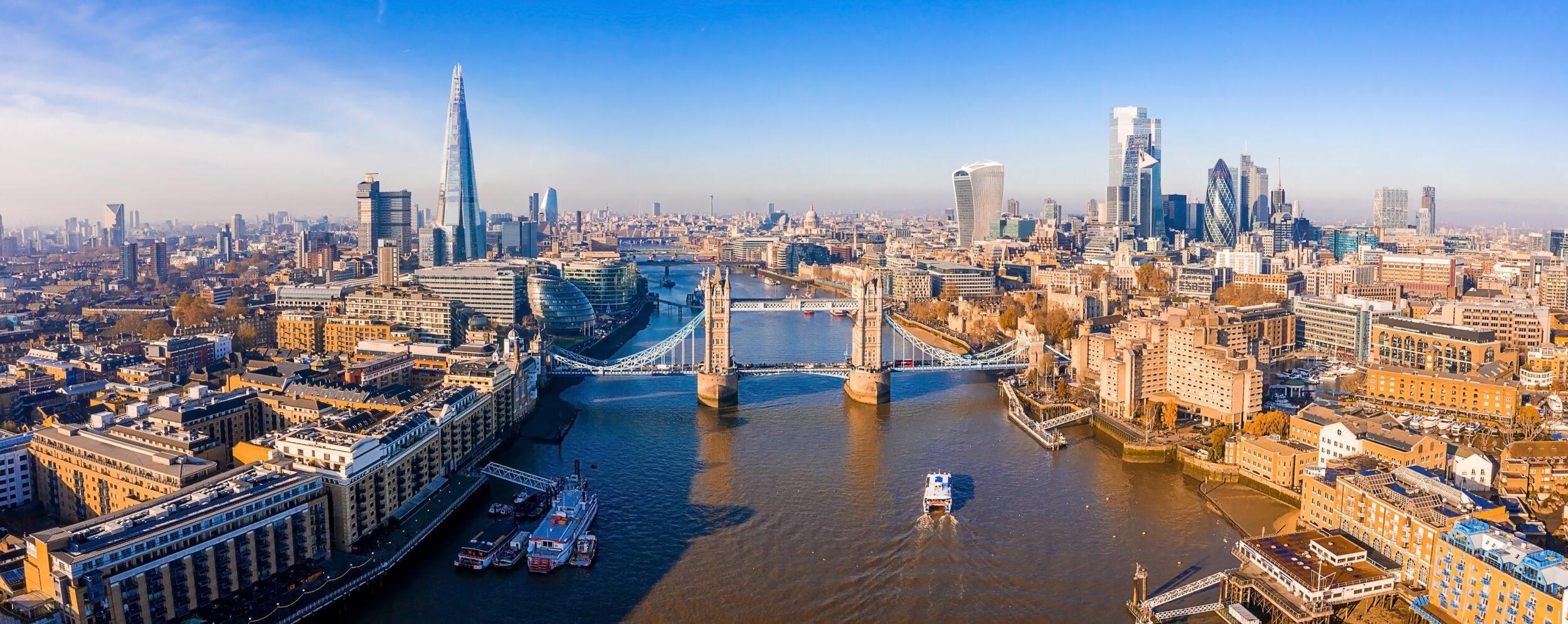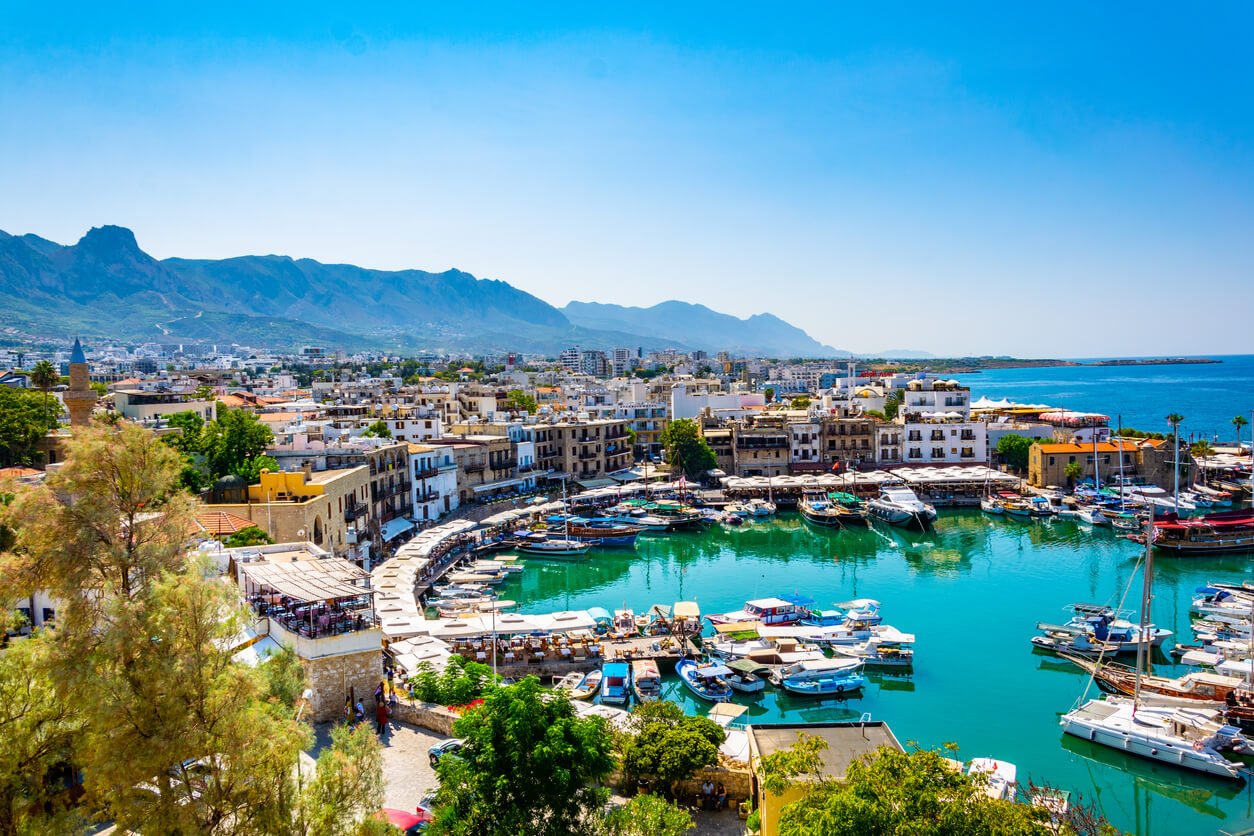
Now the initial impact of Brexit is over, buying a property abroad is back on the agenda. For several months during Britain’s stormy exit from the European Union, confidence in buying abroad dropped as the implications weren’t clear.
Now the dust has settled, some confidence is returning and the property market in Europe is seeing a resurgence of buyers. The good news is that if you want to work remotely from a pied-à-terre in Spain or France, or you’re planning your retirement to Spain or France, or plan to move your family to a new life abroad, you still can.
Our iad Overseas consultants will do everything possible to make your property purchase go smoothly and will advise you on any questions you have about buying foreign property post-Brexit.
The differences before and after Brexit
Before 31 December 2020, as a British citizen you could buy a property in the EU fairly easily. Most countries allowed you to just turn up, select a property and go ahead and buy it. Of course, it wasn´t quite that simple – you still had to register for tax purposes, open a bank account to pay the bills etc. But today things are rather different.
The main implication that has affected people wishing to buy property abroad is the visa issue. British citizens can no longer stay in an EU country for more than 90 days out of 180 unless they are a resident.
Buying a permanent home abroad
If you want to make the new country your permanent home, you can apply for residency and once approved you have the right to stay for more than 90 days.
This means that you can buy that villa in Spain you’ve been longing for, or purchase an apartment in the centre of Nice and enjoy life on the French Riviera – you just have to follow the new procedure. This applies to all family members, even children.
Every country has a slightly different process regarding residency, but most are similar in terms of providing information to the authorities to prove you will be a legal tax resident. This means that you will need to apply for the equivalent of the UK’s national insurance number, which is a relatively straightforward process in most EU countries.

Buying an investment property abroad
Investment property, either to rent out long-term or as a holiday home is still an option, and again it needs to be managed differently.
The new regulation is that if you own a second home in Europe you can only stay in it for 90 days maximum before you have to leave the country. This sounds rather harsh, but is the reality of Brexit.
However, if you’re lucky enough to be able to stay abroad for 3 months, for example, if you work remotely, you just have to plan things a little differently. Gone are the days when ex-pats could spend 6 months of the winter in Spain and the summer in the UK – but moving between two countries is possible, just on a different timescale.
The other option is renting out the property, which means you can still live in the UK and make visits of less than 90 days when you wish, and you get the benefit of rental income.
This is a popular option for people who aren´t ready to move abroad yet but perhaps plan to in the future. Property prices are much cheaper in Europe than in the UK, meaning you could own that farmhouse in the French countryside and make a profit on it until you retire.

The Golden Visa
If you’re lucky enough to have a vast sum of money to invest, you may be able to follow the Golden Visa route. This is an investor visa that allows foreigners to become permanent residents in EU countries by investing in the country, either through property or by having the required amount in the bank.
These are the most popular:
- Spain – you have to invest a minimum of €500,000 in property and you only have to stay in the country for one day a year. You can become a citizen after 10 years.
- Portugal – This is the end of the golden visa. This visa allowed non-EU citizens to obtain residence status. To benefit from it, they had to invest a minimum of 500 000 euros in one or more properties.
- Italy – this visa requires you to invest a minimum of €500,000 in an Italian limited company. When you have lived in Italy for 10 years you can apply to become a citizen.
- Greece – again, you don´t have to live in the country when granted the visa, and a minimum investment of €250,000 is required. You can become a citizen after 7 years.
The rules vary depending on the country – some will allow you to make a financial investment rather than in property. For more information on Golden Visas visit this link. Our iad Overseas consultants* are with you throughout the whole process. They will help you as they speak English very well.
Despite the restrictions on freedom of movement, Britons are still welcome in EU countries as property purchases, contributions to the country’s tax system and to the general cost of living all help boost the economy. With the rules and regulations of Brexit now clear, many people don´t see this as a stumbling block and are still pursuing their dream of buying property abroad.
The United Population Division state that 1.2 million British people are living in Europe, with the most residing in Spain, Ireland and France. This evidences the continued desire many British people have to seek a more comfortable life. Brexit does not have to be a deterring factor in your plans to buy a property abroad. To find out more about buying your European property in the sun or the mountains contact our iad Overseas consultants – they’d be delighted to help you find the perfect home!





